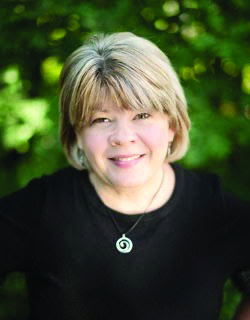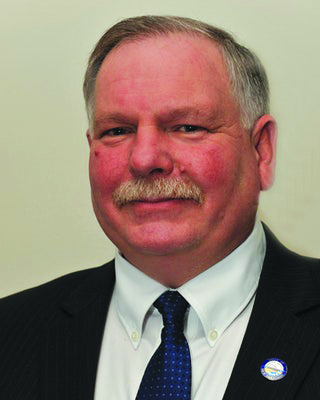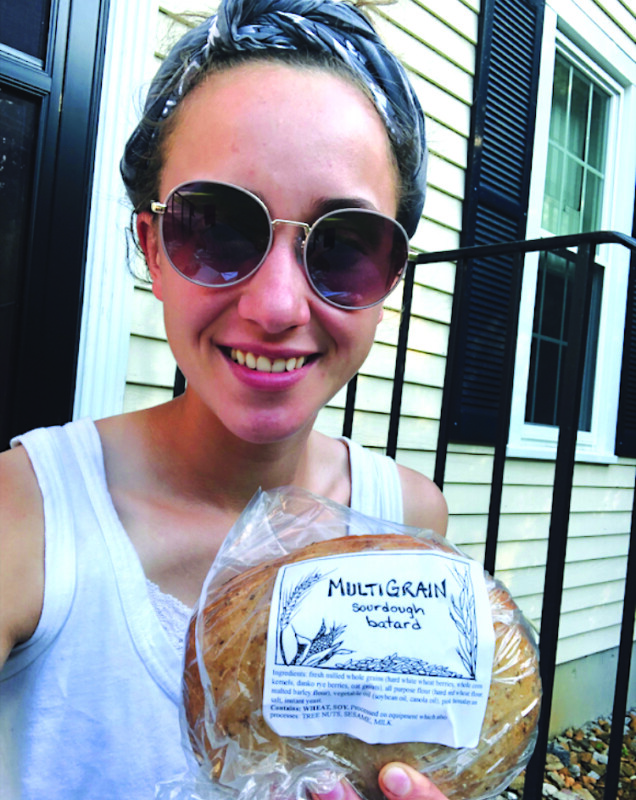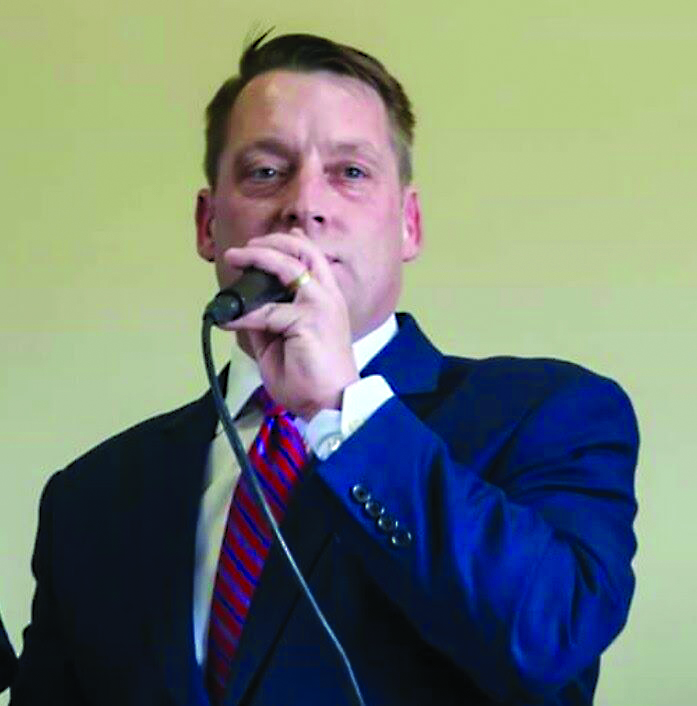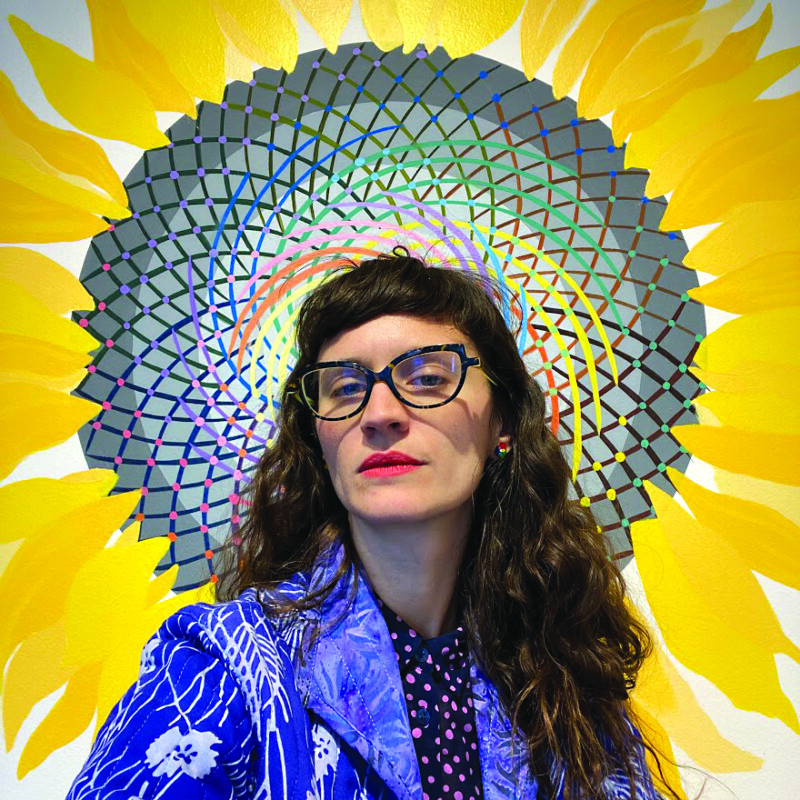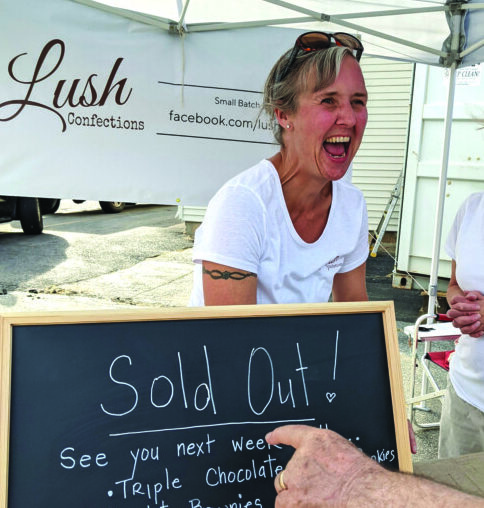Heather Peloquin
Alternative and holistic health specialist
As a registered nurse and certified nutrition therapist and clinical herbalist, Heather Peloquin provides alternative and holistic health services and sells all-natural health products at her business Back in Thyme Wellness and Herbs in Chester.
Explain your job.
As a nutrition therapist and clinical herbalist, I do classes and health consultations as well as nutrition and herbal consultations. On the retail side of things, I make customized medicinal herbal tea blends for people based on their health needs, and I make all-natural products for the shop, like herbal salves and balms, all-natural lotions, magnesium oil, headache balm, beard oil, soap, bath bombs — you name it.
How long have you had this job?
I’ve had the business since 2018 and opened the retail part of it in April of this year.
What led you to this career field and your current job?
I’m originally a registered nurse of 35 years. I’ve worked in functional medicine for the past 10 years, which led me to continue my education in nutrition and herbal medicine so that I could better help clients. I opened my own business because I enjoy one-on-one interaction with clients and being able to help people with their health needs in a more natural way. Not that I wasn’t doing that as a nurse, but having my own business lets me incorporate all of the different aspects of what I do in one area.
What kind of education or training did you need?
I’m a registered nurse, so I have a degree in that. I also have a diploma as a nutrition therapist and master herbalist and certifications as a therapeutic lifestyle educator, clinical weight loss practitioner and a few others.
What is your typical at-work uniform or attire?
Business casual.
What do you wish you’d known at the beginning of your career?
Conventional medicine is very different from holistic or alternative medicine, and I wish I had been exposed to the nutritional and herbal aspects [of health] long before 10 years ago.
What do you wish other people knew about your job?
I wish more people knew how useful plant-based medicine is for treating and managing health conditions, and that they can support their health through the use of natural herbal supplements and nutrition.
What was the first job you ever had?
I worked at McDonald’s as a teenager.
What’s the best piece of work-related advice you’ve ever received?
Progress, not perfection.
Five favorites
Favorite book: The Bible
Favorite movie: O Brother, Where Art Thou?
Favorite music: Bluegrass
Favorite food: Cookout food, anything grilled
Favorite thing about NH: The seasons
Featured photo: Heather Peloquin

